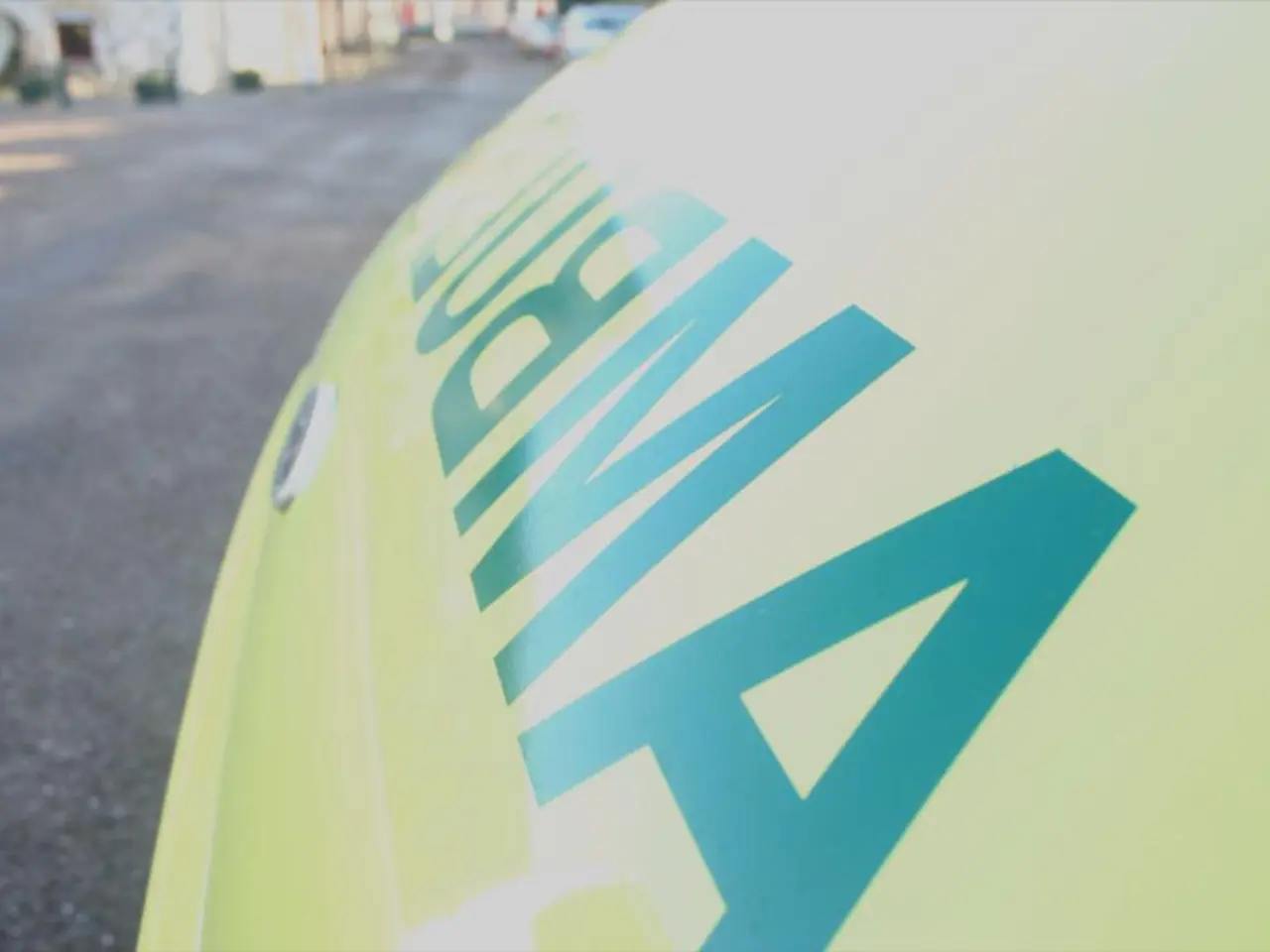Ministry of Energy Insists on Fuel Delivery for Kazakhstan's AZS, as Demanded by the Minister
Kazakhstan's fuel market is currently grappling with an increase in demand for AI-95 gasoline, a situation attributed to price disparities and logistical challenges. The country's efforts to maintain artificially low fuel prices have resulted in price differentials that make it economically appealing to export fuel illegally, exacerbating domestic shortages. Moreover, the weakening of the Kazakh tenge against the Russian ruble has further incentivized illicit exports, contributing to increased demand within the domestic market.
To ensure supply stability and combat fuel smuggling, the Kazakh government has taken several measures. Firstly, First Deputy Prime Minister Roman Sklyar has instructed agencies to enhance border monitoring and tracking of cargo movements to prevent the unlawful diversion of petroleum products. This measure aims to curb fuel smuggling, which has been a significant issue, as highlighted by the recent dismantling of a smuggling network in the Turkistan region.
Kazakhstan has maintained a ban on the export of gasoline and other petroleum products by road since January 2021, with regular extensions, most recently until May 19, 2025. This ban is crucial in preventing domestic shortages. The country is also set to import substantial volumes of fuel from Russia in 2025, including 285,000 tons of motor gasoline, 300,000 tons of jet fuel, 450,000 tons of diesel, and 500,000 tons of bitumen. Energy Minister Erlan Akkenzhenov has emphasized that existing intergovernmental agreements exempt Kazakhstan from Russia’s gasoline export restrictions, which should not impact their supply.
The government is implementing reforms to phase out gas price subsidies and increase prices to economically reasonable levels by 2028. This strategic shift includes a large-scale resource base expansion program aimed at increasing commercial gas production. The government is also focusing on maintaining stable fuel supplies by closely monitoring fuel consumption and reserves, developing comprehensive action plans to prevent shortages, and ensuring reliable supplies to meet domestic needs.
In response to the current situation, the Energy Minister has ordered the availability of minimum AI-95 gasoline reserves at oil bases and gas stations. The regional management of entrepreneurship and industrial-innovative development has stated that the current fuel situation in the region is a temporary difficulty. The government assures that there will be no shortage of fuel for citizens, and the issue is under special government control. Minister Aukenov has demanded from all market participants to ensure uninterrupted fuel supplies and exclude any speculative factors.
The government is keeping the seasonal increase in demand under full control, according to Energy Minister Erlan Aukenov. He has also ordered prompt reporting of any potential risks to the ministry. In North Kazakhstan region, AI-95 gasoline is being sold using special cards and vouchers at several gas stations. The government's actions and measures indicate a commitment to address the increased demand for AI-95 gasoline and strive for supply stability in Kazakhstan.
The Kazakh government's measures to combat fuel smuggling extend to enhancing border monitoring and tracking cargo movements, as instructed by First Deputy Prime Minister Roman Sklyar. In the broader context of Kazakhstan's energy sector, the government is also focusing on maintaining stable fuel supplies, with an aim to phase out gas price subsidies and increase prices by 2028, primarily within the finance and industry sectors.




